All Formats & Editions

The Souls of Black Folk
The Souls of Black Folk is a classic work of American literature by W. E. B. Du Bois. It is a seminal work in the history of sociology, and a cornerstone of African-American literary history.To develop this groundbreaking work, Du Bois drew from his own experiences as an African-American...
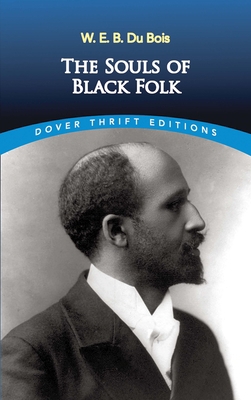
The Souls of Black Folk (Dover Thrift Editions)
This landmark book is a founding work in the literature of black protest. W. E. B. Du Bois (1868-1963) played a key role in developing the strategy and program that dominated early 20th-century black protest in America. In this collection of essays, first published together in...

The Souls of Black Folk
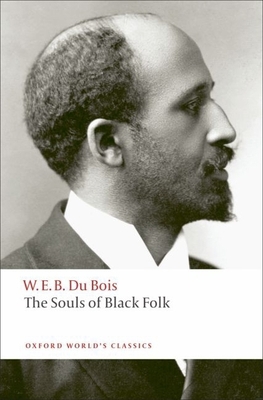
The Souls of Black Folk
Originally published in 1903, The Souls of Black Folk is a classic study of race, culture, and education at the turn of the twentieth century. With its singular combination of essays, memoir, and fiction, this book vaulted Du Bois to the forefront of American political commentary...
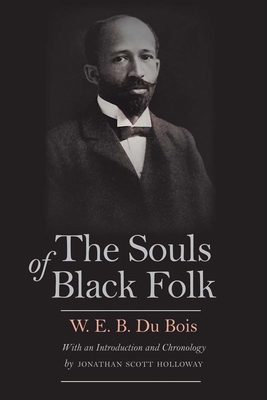
The Souls of Black Folk
W. E. B. Du Bois' insightful commentary on Black history, racism, and the struggles of Black Americans following emancipation--a masterpiece in the African-American canon "Jonathan Holloway introduces W. E. B. Du Bois' 1903 classic for our time, when visions...

The Souls of Black Folk

The Souls of Black Folk
In this edition of Souls of Black Folk, the original 1903 version of the W.E.B. Du Bois's classic is combined with the fullest set of annotations yet, two related essays, and numerous letters Du Bois received and wrote concerning his widely read text.
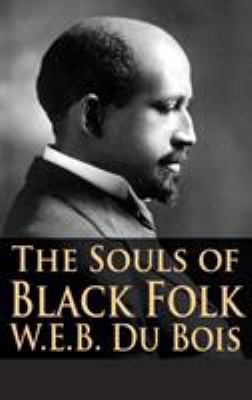
The Souls of Black Folk
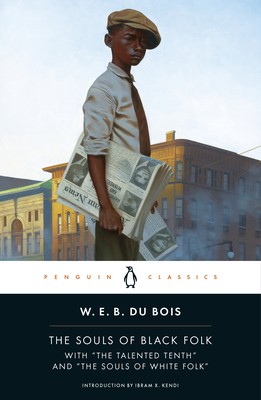
The Souls of Black Folk: With the Talented Tent...
The landmark book about being black in America, now in an expanded edition commemorating the 150th anniversary of W. E. B. Du Bois's birth and featuring a new introduction by Ibram X. Kendi, the #1 New York Times bestselling author of How to Be an Antiracist, and cover art by...

The Souls of Black Folk
W.E.B. Du Bois's classic collection of essays about the experiences of African-Americans. The work is a foundational work in the history of sociology and a seminal tome in the development of African-American Studies. The essays include:The Forethought, Of Our Spiritual Strivings,...
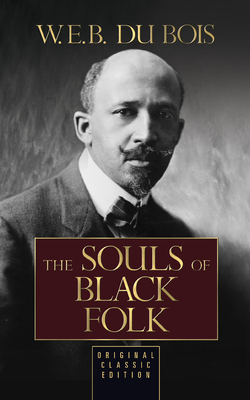
The Souls of Black Folk: Original Classic Edition
This classic groundbreaking work of American literature first published in 1903 is a cornerstone of African-American literary history and a seminal work in the field of sociology.
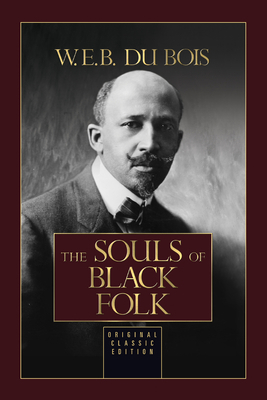
The Souls of Black Folk: Original Classic Edition
This classic groundbreaking work of American literature first published in 1903 is a cornerstone of African-American literary history and a seminal work in the field of sociology.
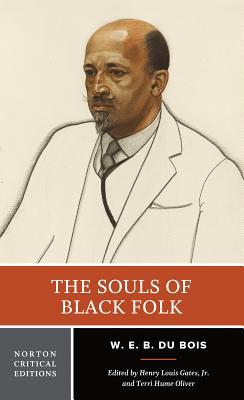
The Souls of Black Folk: A Norton Critical Edition
This collection of essays on African American history, culture, and society probes fundamental issues of race and justice and documents Du Bois's conviction that the "soul" of the black community must be preserved and revered. The text reprinted here is that of the first book...

The Souls of Black Folk by W.E.B. Du Bois

The Souls of Black Folk: With the Talented Tent...
The landmark book about being black in America, now in an expanded edition commemorating the 150th anniversary of W. E. B. Du Bois's birth and featuring a new introduction by Ibram X. Kendi, the #1 New York Times bestselling author of How to Be an Antiracist,...

The Souls of Black Folk
The Souls of Black Folk is a classic work of American literature by W. E. B. Du Bois. It is a seminal work in the history of sociology, and a cornerstone of African-American literary history. The book, published in 1903, contains several essays on race, some of which had been...
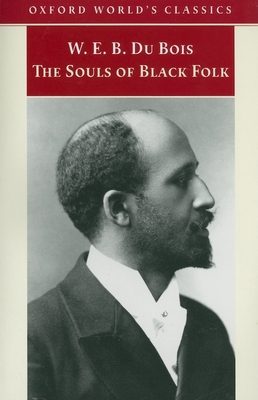
The Souls of Black Folk
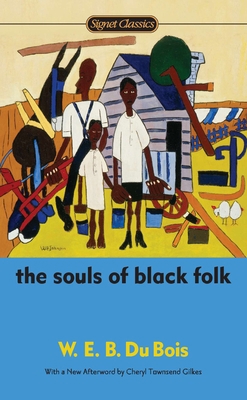
The Souls of Black Folk
First published in 1903, this extraordinary work not only recorded and explained history--it helped alter its course. Written after Du Bois had earned his Ph.D. from Harvard and studied in Berlin, these fourteen essays contain both the academic language of sociology and the rich...

The Souls of Black Folk (Signet Classics)
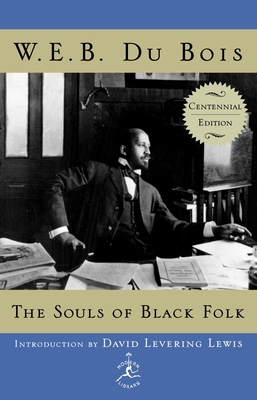
The Souls of Black Folk: Centennial Edition

The Souls of Black Folk
"William Edward Burghardt Du Bois, the author of this small, paradigm-shifting book, was a brilliant polymath, a pioneering historian and sociologist, a fierce advocate for racial justice, and a towering social philosopher, widely regarded as one of the greatest black geniuses...

The Souls of Black Folk (Bantam Classics)
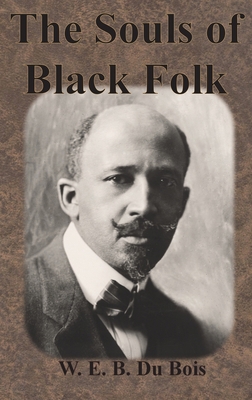
The Souls of Black Folk

The Souls of Black Folk
To develop this work, Du Bois drew from his own experiences as an African American in the American society. Outside of its notable relevance in African-American history, The Souls of Black Folk also holds an important place in social science as one of the early works in the...

The Souls of Black Folk
In this edition of Souls of Black Folk, the original 1903 version of the W.E.B. Du Boiss classic is combined with the fullest set of annotations yet, two related essays, and numerous letters Du Bois received and wrote concerning his widely read text.



